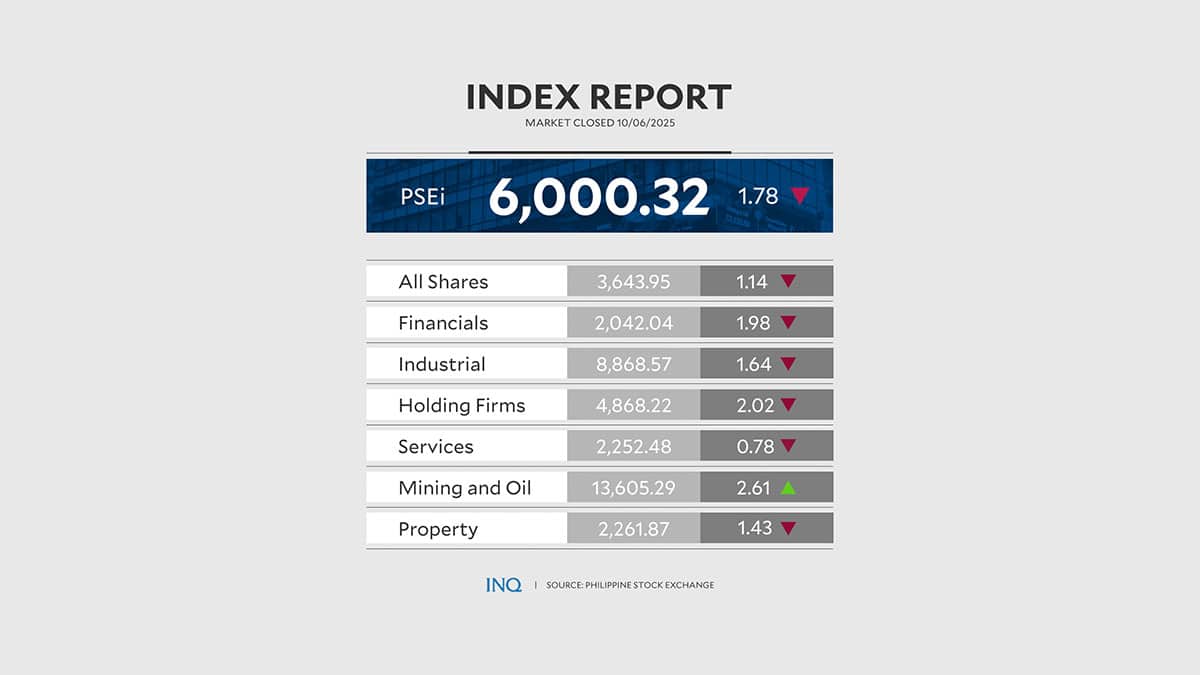**Experts Warn Insider Trading Could Surge as Sports Betting Moves to CFTC-Regulated Prediction Markets**
The world of professional sports was rocked late last week by the biggest betting scandal in recent memory. This occurred just as pro leagues and sportsbooks signaled their embrace of the booming prediction market industry, raising questions about the potential consequences of this pairing.
On Thursday, an FBI operation culminated in the arrest of an NBA player and a coach for alleged involvement in multiple gambling schemes, including one manipulating game outcomes to influence sports bets. Just a day earlier, the NHL made history by becoming the first major sports league to sign a licensing deal with prediction markets—upstart, wildly popular betting sites that have surged ahead of traditional sports betting while operating in a legal gray zone.
That same day, one of America’s most popular sports betting sites, DraftKings, acquired its own prediction market company, making a significant move into the burgeoning sector. Now, as federal law enforcement draws attention to insider trading in sports betting, some experts are growing increasingly concerned about the migration of sports betting to prediction markets. Others argue that betting platforms utilizing public blockchain networks can provide an added layer of transparency.
—
### The Regulatory Challenge for the CFTC
Prediction markets allow users to purchase financial stakes in an event’s outcome through futures contracts and are overseen by the Commodity Futures Trading Commission (CFTC), a federal regulator with limited experience monitoring professional sports. For most of its 50-year history, the CFTC has primarily overseen agricultural derivatives such as soybean and cattle futures.
However, the agency is now preparing to regulate not only the rapidly expanding sector of sports prediction markets, but also much of the crypto industry, largely due to an aggressive push during the Trump administration.
A former CFTC official, speaking anonymously, told Decrypt that the agency—already small compared to other financial regulators and suffering massive staff cuts this year—is ill-equipped to police both crypto and sports betting industries.
> “I think the CFTC is going to get swallowed,” the former official said. “You’re going to see more and more cases of insider trading happening on prediction markets because the CFTC isn’t doing surveillance—they don’t have the manpower to catch it on their own.”
Due to its size and historic mandate, the CFTC mainly relies on whistleblowers and self-reporting by market participants to curb corruption. It does not proactively search for insider trading and would be unable to do so in sports markets without significant increases in staff and funding—an unlikely prospect given current circumstances.
CFTC leadership has pushed this year to permanently reduce the agency’s size. Earlier this summer, Brian Quintenz, President Trump’s former nominee to lead the agency, had his candidacy derailed after clashing with crypto executives Tyler and Cameron Winklevoss. The billionaire twins opposed Quintenz’s plans to increase the CFTC’s budget, arguing it would lead to “regulatory capture.”
—
### Comparisons with State-Level Sports Betting Regulation
Legal expert Daniel Wallach told Decrypt the CFTC’s capacity to monitor sports markets is inadequate compared to existing state-level sports betting regulations. State laws require stakeholders to actively stamp out insider trading and cooperate with law enforcement and third-party integrity monitoring firms.
> “By contrast, under the CFTC, there are no sports-related regulations that would address this activity,” Wallach said of prediction markets. “These companies are largely left to not only self-certify their own event contracts but also self-regulate their own integrity.”
The CFTC did not respond to Decrypt’s request for comment on this story, with an automatic reply citing staffing cuts due to the ongoing government shutdown.
—
### The Booming Business of Prediction Markets
Prediction markets have surged over the last year, allowing users to take financial positions on virtually anything—from sports and politics to crypto and cultural events. Last Monday, the sector hit a record $2 billion in weekly trading volume across the four largest platforms: Kalshi, Polymarket, Limitless, and Myriad. (Disclosure: Myriad is a product of Dastan, Decrypt’s parent company.)
A Certuity report estimates that the prediction markets industry could reach a value of $95.5 billion by 2035, with a compound annual growth rate of 46.8%. Polymarket and Kalshi currently dominate roughly 96% of the market share, with valuations of $9 billion and $5 billion, respectively, based on recent funding rounds.
Kalshi, the largest prediction market currently offering sports contracts in the U.S., told Decrypt the company has internal systems to detect suspicious trading activity as required by the CFTC and has partnered with the integrity monitoring firm IC360.
> “Insider trading is a harmful activity and is explicitly banned on Kalshi,” a spokesperson said.
Despite these measures, Wallach maintains that the CFTC’s lack of adaptation leaves companies like Kalshi effectively to their own devices, shifting power from regulators to platforms in a way that differs from traditional sports betting.
> “These are for-profit enterprises operating in a regulatory vacuum, setting their own policies without any checks or limits on their ability to deal in this area,” Wallach said. “Match fixing and insider information have affected sporting events going back to the beginning of time, and there are no rules in place to hold these companies accountable for it.”
—
### Insider Trading: Supported or Challenged by Prediction Markets?
Leading academics studying prediction markets assert that these platforms may not discourage insider trading—in fact, they could be designed to facilitate it.
George Mason University professor Robin Hanson, a foremost expert on prediction markets, told Decrypt last October:
> “If the point of [prediction] markets is to get accurate information on the prices, then you definitely want to allow insiders to trade, even if that discourages other people from betting because that makes the prices more accurate.”
While prediction markets pose regulatory challenges, some argue they also offer new opportunities to combat insider trading.
Though Kalshi does not use cryptocurrency in its daily operations, its chief competitor, Polymarket, does. This integration can enhance transparency, proponents say.
Marcin Kazmierczak, co-founder of RedStone—a blockchain oracle network used by prediction markets to verify data and resolve wagers—told Decrypt that transactions on platforms like Polymarket are publicly recorded on a blockchain ledger, making suspicious trading easier to detect.
> “This transparency alone doesn’t prevent insider trading, but it enables detection at scale and speed that traditional systems cannot match,” Kazmierczak said.
Paul Grewal, Coinbase’s chief legal officer, implied that on-chain prediction markets might better prevent crimes like last week’s NBA gambling scandal than traditional betting platforms.
—
### Recent Controversies and Future Outlook
Polymarket has faced multiple instances of suspiciously timed trades. Notably, earlier this month, users appeared to correctly predict the Nobel Peace Prize winner hours before the public announcement, prompting an internal investigation by Norwegian officials.
However, Polymarket did not announce an investigation or denounce insider trading publicly. Instead, its official X account reposted news about the incident and used the situation to promote its platform:
> “JUST IN: It has been revealed only 5 people at the Nobel Peace Prize foundation knew the winner before they were announced,” Polymarket stated on X. “Everyone checking Polymarket knew.”
Polymarket plans to relaunch soon in the United States after being pushed offshore in 2022 for failing to comply with CFTC rules. The company did not respond to multiple requests for comment from Decrypt regarding insider trading.
—
As professional sports increasingly intersect with emerging prediction markets, questions about fair play, insider trading, and regulatory capacity remain at the forefront. Whether blockchain transparency or enhanced regulation can keep pace with innovation will be critical to safeguarding the integrity of sports betting in the years ahead.
https://decrypt.co/345961/sports-betting-scandals-nba-prediction-markets

